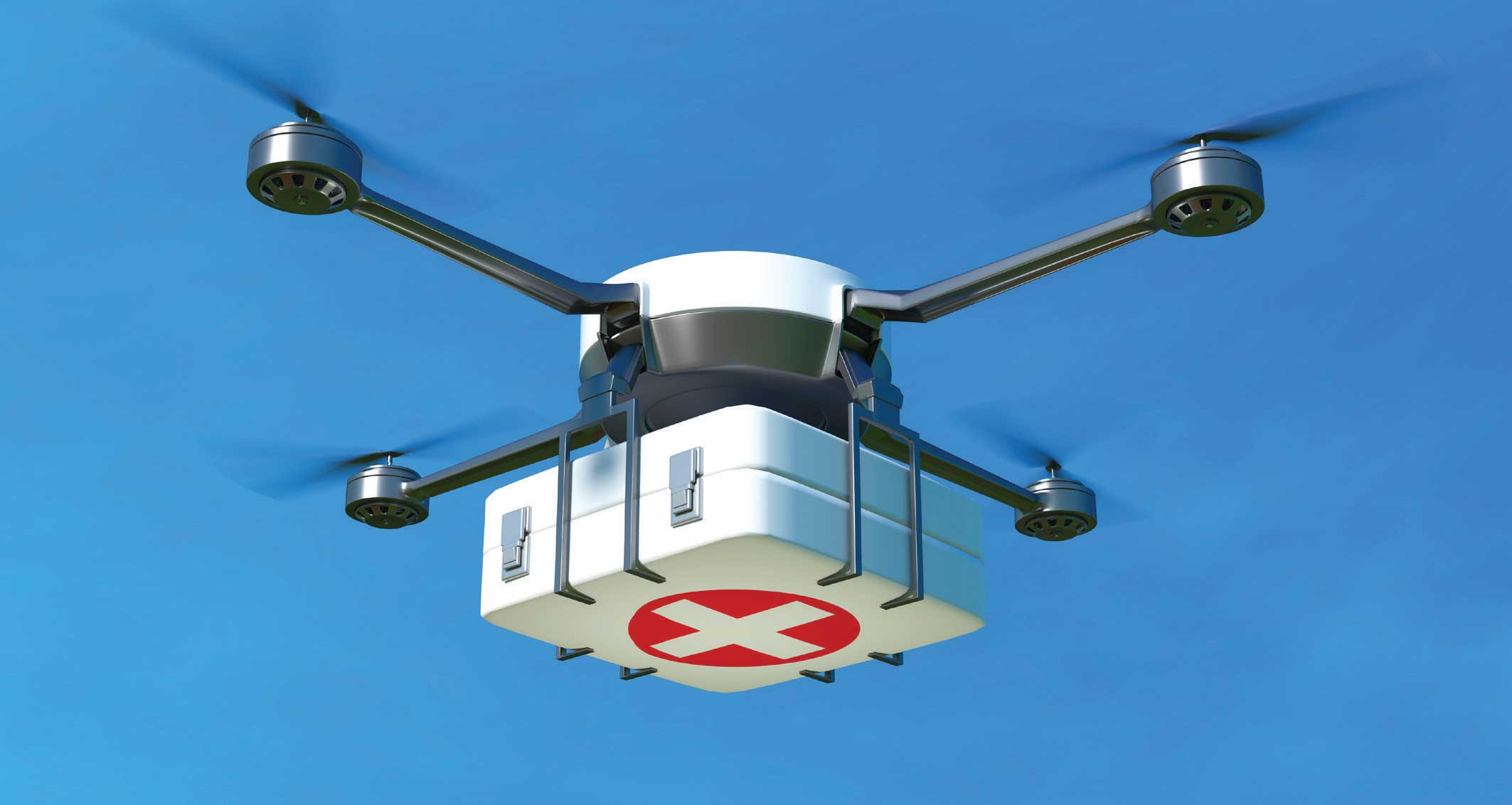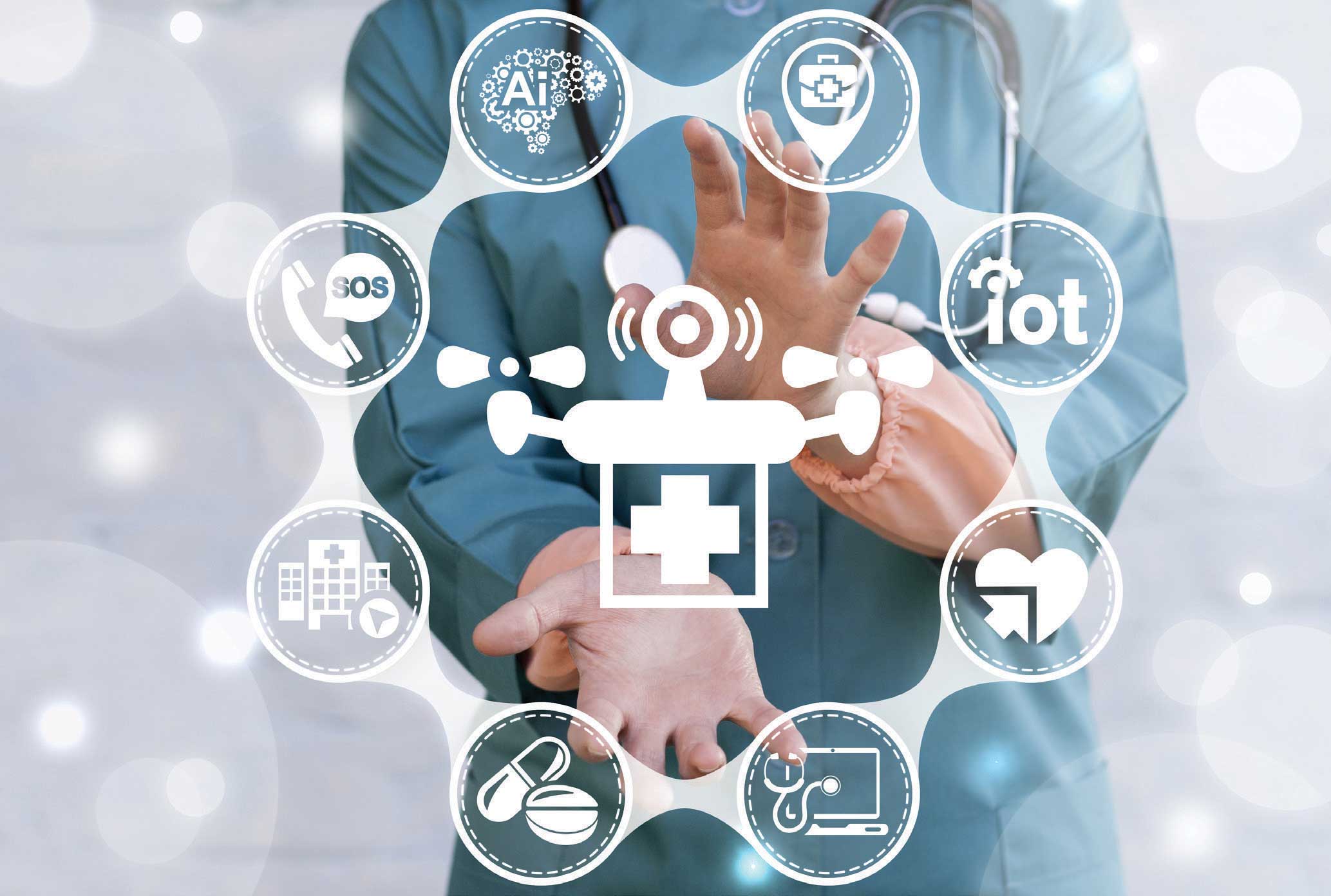- Arbitration
- Banking & Finance
- Capital Markets
- Commercial
- Competition
- Construction & Infrastructure
- Corporate / Mergers & Acquisitions
- Corporate Services
- Corporate Structuring
- Digital & Data
- Dispute Resolution
- Employment & Incentives
- Family Business & Private Wealth
- Innovation, Patents & Industrial Property (3IP)
- Insurance
Find a Lawyer
Book an appointment with us, or search the directory to find the right lawyer for you directly through the app.
Find out more
Real Estate & Construction and Hotels & Leisure
Real estate, construction, and hospitality are at the forefront of transformation across the Middle East – reshaping cities, driving investment, and demanding increasingly sophisticated legal frameworks.
In the June edition of Law Update, we take a closer look at the legal shifts influencing the sector – from Dubai’s new Real Estate Investment Funds Law and major reforms in Qatar, to Bahrain’s push toward digitalisation in property and timeshare regulation. We also explore practical issues around strata, zoning, joint ventures, and hotel management agreements that are critical to navigating today’s market.
As the landscape becomes more complex, understanding the legal dynamics behind these developments is key to making informed, strategic decisions.


2025 is set to be a game-changer for the MENA region, with legal and regulatory shifts from 2024 continuing to reshape its economic landscape. Saudi Arabia, the UAE, Egypt, Iraq, Qatar, and Bahrain are all implementing groundbreaking reforms in sustainable financing, investment laws, labor regulations, and dispute resolution. As the region positions itself for deeper global integration, businesses must adapt to a rapidly evolving legal environment.
Our Eyes on 2025 publication provides essential insights and practical guidance on the key legal updates shaping the year ahead—equipping you with the knowledge to stay ahead in this dynamic market.
The leading law firm in the Middle East & North Africa region.
A complete spectrum of legal services across jurisdictions in the Middle East & North Africa.
-
Practices
- All Practices
- Banking & Finance
- Capital Markets
- Commercial
- Competition
- Construction & Infrastructure
- Corporate / Mergers & Acquisitions
- Corporate Services
- Corporate Structuring
-
Sectors
-
Country Groups
-
Client Solutions
Today's news and tomorrow's trends from around the region.
17 offices across the Middle East & North Africa.
Our Services
 Back
Back
-
Practices
- All Practices
- Banking & Finance
- Capital Markets
- Commercial
- Competition
- Construction & Infrastructure
- Corporate / Mergers & Acquisitions
- Corporate Services
- Corporate Structuring
- Digital & Data
- Dispute Resolution
- Employment & Incentives
- Family Business & Private Wealth
- Innovation, Patents & Industrial Property (3IP)
- Insurance
- Intellectual Property
- Legislative Drafting
- Private Client Services
- Private Equity
- Private Notary
- Projects
- Real Estate
- Regulatory
- Tax
- Turnaround, Restructuring & Insolvency
- Compliance, Investigations and White-Collar Crime
-
Sectors
-
Country Groups
-
Client Solutions
- Law Firm
- /
- Insights
- /
- Law Update
- /
- November 2018
- /
- How Medical Drones can save lives
How Medical Drones can save lives
 Drones in healthcare
Drones in healthcare
Drones can be perceived as life threatening or lifesaving. There have been many near miss collision incidents at European and US airports involving drones. On the other hand, trials have proven that drones can provide rapid delivery of vaccines, medications, and medical supplies right to the source of outbreaks, natural disasters, and accidents.
Drones are now being developed for medical use, such as ambulance drones at the Delft University of Technology in Holland, with a focus on carrying automated external defibrillators, medication, or CPR equipment. In the state of Mississippi in the USA a telemedicine drone is being developed to deal with the after-effects of natural disasters. Drones may be guided by global positioning systems and be capable of dropping off equipment relevant to the emergency.
The possibilities with this type of technology in the UAE are endless. Prescribed medicines can be delivered to remote areas via drones. Chronic disease can be monitored via data transfer without any effort from the patient. The market for drones in the GCC is expected to reach US $1.5 billion by 2022, according to a report by accountants PWC (Strategy& PWC report dated July 2017).
“The possibilities with this type of technology in the United Arab Emirates are endless; prescribed medicines can be delivered to remote areas via drones.”
Laws regulating drones in the UAE
There are various laws and regulations that apply to the use of drones in the UAE. These are examined in our Law Update article published in June 2015 (entitled, ‘Is it a bird? Is it a plane? Drones in the UAE’) and are not reexamined here in such detail. In this article, we examine the future of the use of drones as a benefit to the healthcare sector.
The main legislation applicable to the use of drones in the UAE is the federal Resolution regarding Light Air Sports Practice Regulations and the Civil Aviation Regulation (Federal Resolution No. 2 of 2015, Part VIII subsection 10 on the Operation of Unmanned Aerial Systems within the UAE). Additionally in Dubai, the Dubai Law on Airspace Security and Safety (Law No. 7 of 2015) is applicable. There are, however, no specific healthcare laws that regulate the use of drones in the UAE. The healthcare authorities in the UAE and the GCC region are, however, increasingly enthusiastic about the possibilities of utilising drones in the healthcare sector.
HH Sheikh Mohammed Bin Rashid Al Maktoum, Vice President and Prime Minister of the UAE, and Ruler of the Emirate of Dubai, introduced the Drones for Good Award at the Government Summit held in Dubai in February 2014 to promote the development of drone technology in the consumer market in the UAE.
The opportunities in healthcare
Global consultants Pico recently worked alongside the Dubai Health Authority (“DHA”) to initiate an innovative ambulance drone exhibit at the Dubai Health Forum. The ambulance drone was developed to deliver emergency medical kits faster than a regular ambulance. In other jurisdictions, for example Switzerland, Matternet announced a permanent autonomous drone network that will have blood tests and other diagnostics flown between hospital facilities, clinics, and labs.
Researchers from Johns Hopkins Hospital successfully transported human blood samples across 161 miles of desert in Arizona, USA in 2017. Throughout the three hour flight, the on board system was able to maintain conditions, such as temperature, ensuring the samples were viable for analysis upon landing.
A lack of adequate medical products can affect millions of people around the world. A medicine and blood delivery drone invented by Zipline International Inc. will be responsible for medicines and vaccines transported across Rwanda in Africa. The drones are being shipped to Rwanda from Dubai. The opportunities to utilise drones across the healthcare sector include supplementing telemedicine technology as an innovative strategy for improving access to healthcare in remote areas and construction sites.
 Drones flying high
Drones flying high
Given the potential growth of the drones’ industry in the region, GCC countries are well advised, and likely to follow the lead of the UAE, in introducing their own specific drone regulations. Healthcare regulators across the GCC will need to work closely with aviation authorities when introducing any new specific laws focusing on the use of drones in the healthcare sector. Regulators in Europe are consulting on the harmonisation of laws on drones to utilise this technology in a consistent manner. It is a challenge for regulators to navigate such a fast evolving technological landscape. Drones operating in the United Kingdom, for example, must meet the same safety and operational standards as manned aircraft. The regulation of this innovative technology will require fresh thinking by aviation and healthcare authorities in many countries. The challenges will hopefully be overcome in the UAE by the engagement of regulators, including the DHA. Aviation laws are likely to continue to create the primary framework of governance for the use of drones in many jurisdictions, including GCC countries. Healthcare providers will no doubt be keen to help shape such regulation in order to best utilise drone technology in the most efficient and cost effective manner.
It is also important to consider the practical issues below (also outlined in our referenced June 2015 article) with regard to the use of drones in the UAE, whether in a commercial or recreational capacity:
- drones should not be operated within a certain radius of an airport;
- drone operators must apply an appropriate level of skill and care because drones are not easy to control;
- inexperience may result in damage or injury; and
- privacy is an essential consideration. It is important for drone operators to be aware of the potential legal consequences of their actions (the penalties for breaching the Penal Code prohibition and Cybercrimes Law prohibition generally include a fine and/or imprisonment).
Conclusion
Undoubtedly, it will be challenging for healthcare drones to keep medication and blood stored at appropriate temperatures, especially given the UAE’s desert climate. Successful trials have, however, proven that the transportation of blood can be successfully achieved. The DHA is supportive of this new technology and has been working with technology providers to promote innovation in this area to deliver healthcare solutions. It will not be long before such technology is frequently used to save lives. The successful introduction of drones in the GCC for healthcare provision will improve healthcare access for patients and increase healthcare investment across the region.
Al Tamimi & Company’s Healthcare Practice Group regularly advises on healthcare issues in the UAE. For further information please contact James McMillan (j.mcmillan@tamimi.com).
Stay updated
To learn more about our services and get the latest legal insights from across the Middle East and North Africa region, click on the link below.


